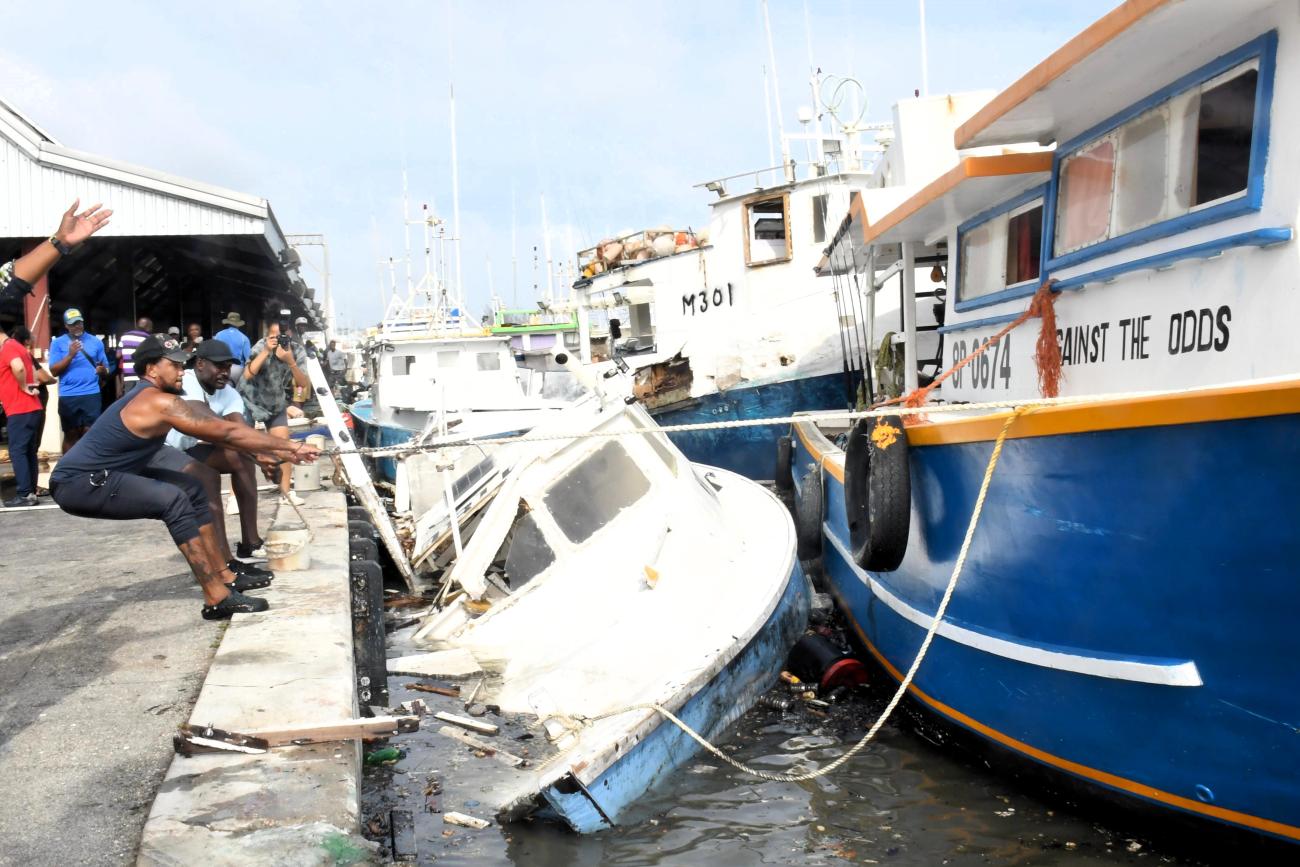UNDRR is deeply concerned about the devastating impact of Hurricane Berly in the Caribbean, including in Barbados, Grenada, St. Vincent and the Grenadines, Hait
The category four storm, which is still unfolding, has left communities grappling with severe devastation from extremely strong winds. By the time we prepare this article some impacts are expected also to impact Mexico and Belize.
“I send my heartfelt condolences to the affected Caribbean nations where lives have been lost and homes and livelihoods have been destroyed,” said Mr. Kamal Kishore, Special Representative of the UN Secretary-General for Disaster Risk Reduction and the Head of UNDRR.
“In the wake of Hurricane Beryl, it is clear that we must redouble our efforts to build resilience and preparedness in the face of growing disaster risk, especially for small island developing states, which have contributed the least to the climate crisis but suffer the greatest costs.”
UNDRR is calling for urgent action on disaster risk reduction to get ahead of growing climate risks. According to the United States' National Hurricane Center, Hurricane Beryl became the first-ever Category 4 hurricane to form in June, highlighting an unprecedented early-season intensity in the Caribbean.
Only just over a month ago, the Antigua and Barbuda Agenda for SIDS (ABAS) was agreed at the Fourth International Conference on Small Island Developing States (SIDS4). Hurricane Beryl makes clear the importance of supporting its implementation. The 10-year agenda integrates disaster risk reduction as central to climate change adaptation and sustainable development in SIDS with clear calls to action on enhancing multi-hazard early warning systems and resilient infrastructure.
"We cannot wait for the next disaster to strike before taking action," said Mr. Kishore. "We have an opportunity in the remaining years of the Sendai Framework to accelerate progress to protect lives, livelihoods, and communities for generations to come.”
The unprecedented hurricane demonstrates the importance of effective multi-hazard early warning systems to save lives. Globally, the sustained investments in those systems are making progress in reducing the loss of life in disasters. But economic losses are escalating. Every year millions of households lose their livelihood and risk being pushed into poverty. Ensuring that infrastructure is resilient and that communities "build back better" in the face of future hazards is essential.
UNDRR is committed to supporting countries in their efforts to build resilience and reduce disaster risk and stands ready to support regional and national efforts through coordinated UN initiatives in the aftermath of Hurricane Beryl.
UNDRR also extends its sincere appreciation to the Caribbean Disaster Emergency Management Agency (CDEMA), the National Disaster Risk Management Agencies, and other UN agencies in the Caribbean for their crucial role in coordinating preparedness and response activities. UNDRR remains committed to supporting these organizations to ensure a more resilient region.


















